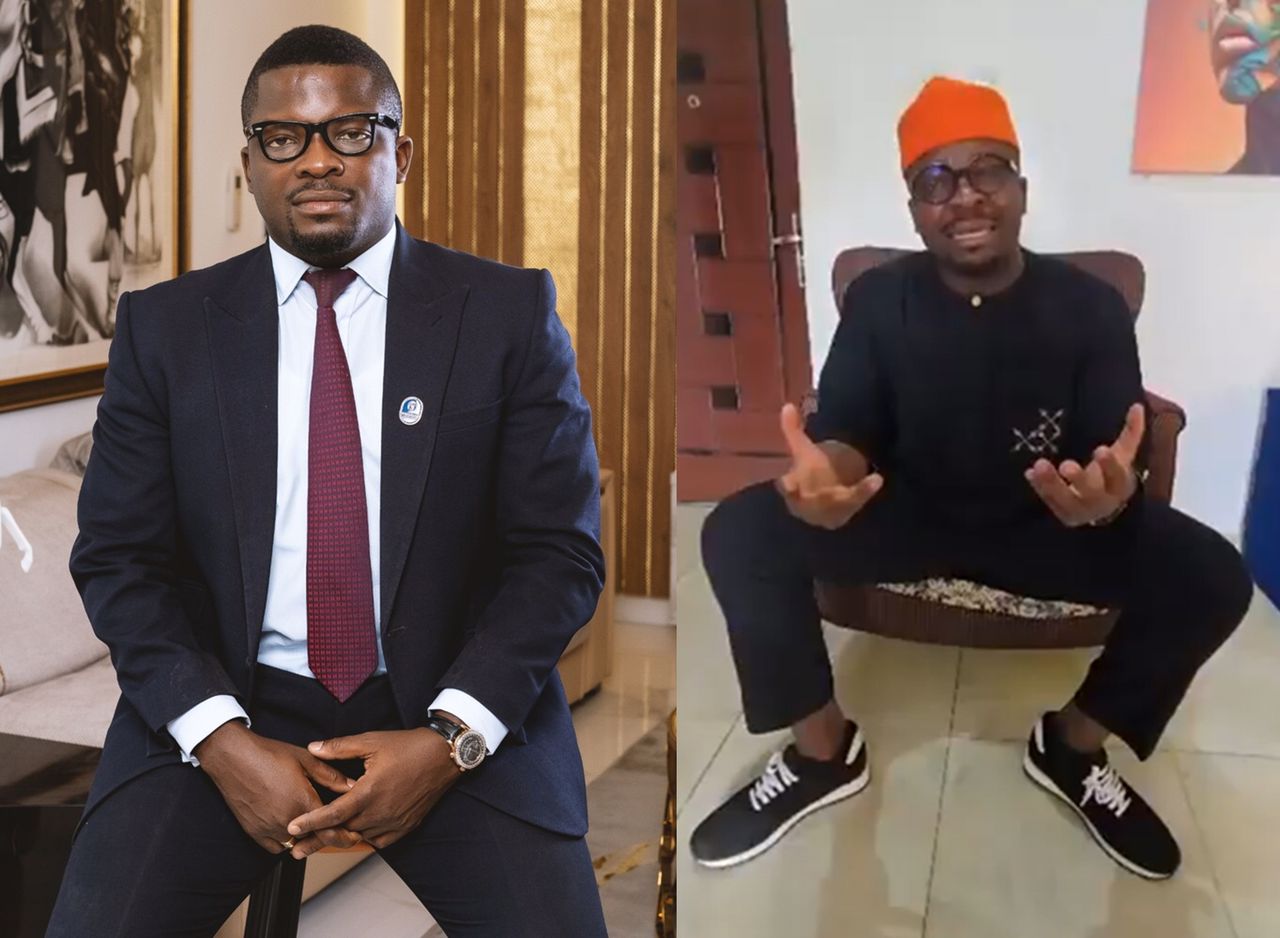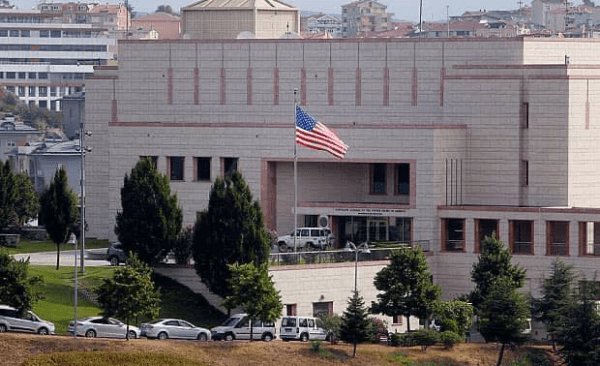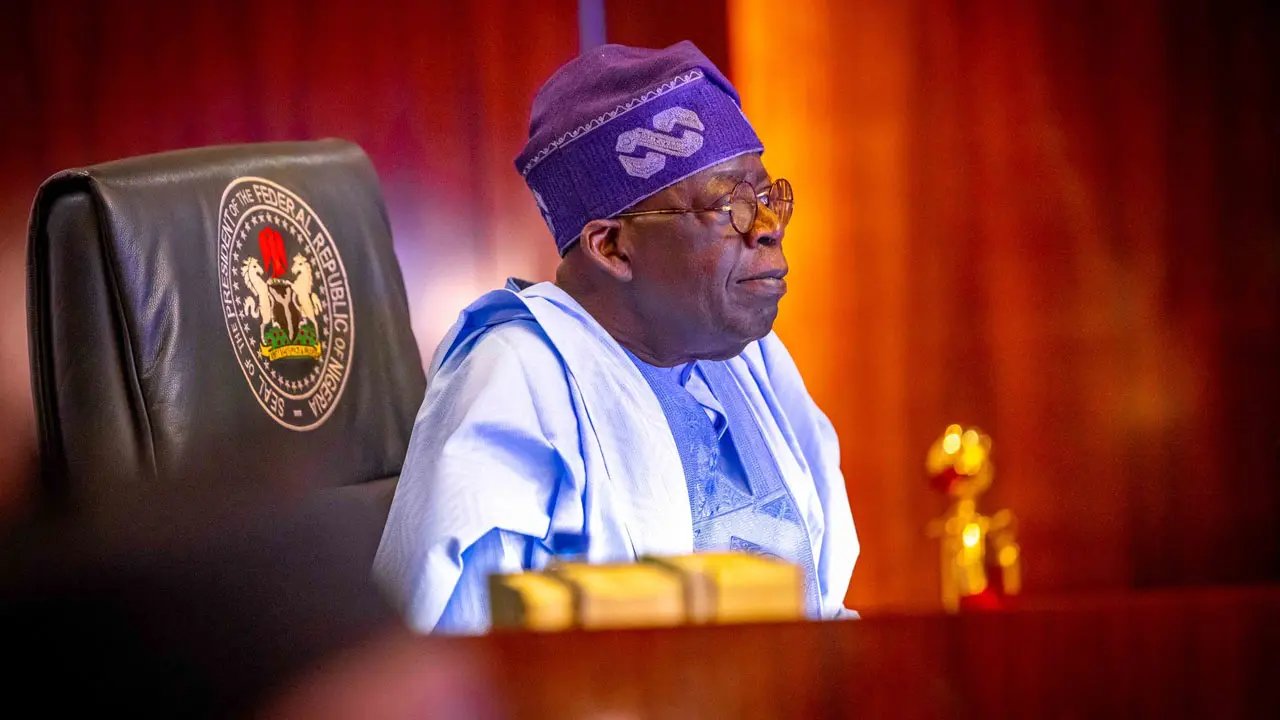
“I’m Not a Thief” – Sujimoto CEO Tearfully Reacts After Being Declared Wanted by the EFCC; Says Enugu Government is Behind His Predicament

The Nigerian business space was thrown into shockwaves when news broke that the Economic and Financial Crimes Commission (EFCC) had declared the Chief Executive Officer of Sujimoto Construction, Sijibomi Ogundele, wanted over allegations of financial misconduct. Known for his flamboyant lifestyle, luxury real estate empire, and bold vision of building some of Africa’s most iconic skyscrapers, Sujimoto has long stood as a symbol of youthful ambition and entrepreneurial excellence in Nigeria. But the sudden turn of events has now painted him into the eye of a storm, one he claims is politically motivated and driven by forces beyond his control. In a video that has since gone viral across social media platforms, the embattled CEO tearfully declared his innocence, repeatedly saying “I’m not a thief” while insisting that his predicament is orchestrated by the Enugu State Government.
In the now trending clip, Ogundele appeared visibly distressed, his usually confident and charismatic demeanor giving way to emotion as he spoke of betrayal, political manipulation, and attempts to destroy the reputation he has spent years building. He said his business dealings had always been transparent, adding that the allegations of financial impropriety were nothing but a calculated plot to silence him and cripple his thriving real estate brand. According to him, his troubles began shortly after Sujimoto entered into certain contractual agreements linked to projects in Enugu, where powerful political figures allegedly became uncomfortable with his rising influence and his refusal to play along with what he described as “dirty games.” He accused unnamed officials within the Enugu State Government of masterminding his ordeal, claiming they had influenced federal institutions to turn against him.
The EFCC’s decision to declare him wanted has raised serious questions in the court of public opinion. Supporters of the Sujimoto boss argue that the timing of the development is suspicious, pointing out that his company has recently been involved in several multi-billion naira luxury projects in Lagos, Abuja, and Dubai, projects that have earned him both admirers and critics. Detractors, however, insist that no one is above the law and that if the EFCC has taken such a drastic step, then there must be credible grounds for suspicion. But for Ogundele, the matter is not about legality but about a deliberate smear campaign designed to tarnish his image and dismantle years of hard work.
His emotional defense has sparked a flurry of reactions on social media. Some Nigerians sympathized with him, saying that the Nigerian business climate is hostile to successful entrepreneurs, especially those who refuse to bow to political interests. Others took a harsher stance, pointing out that the EFCC rarely issues a “wanted” notice without having gathered some evidence of wrongdoing, and urging Ogundele to make himself available to the authorities rather than fighting his case on Instagram. The polarization of opinions has once again underscored the complex relationship between wealth, power, politics, and public perception in Nigeria.
In his statement, Ogundele stressed that he had never taken a dime that did not belong to him, adding that his empire was built on sheer determination, global partnerships, and a belief that Africans deserve world-class real estate developments. He said his life’s mission has always been to transform the African skyline and inspire the younger generation to dream bigger, not to steal public funds or engage in corruption. Breaking down in tears at one point, he asked, “How can I be a thief when everything I own is the result of hard work and international collaborations? Why would I steal when I have created opportunities that bring investments into Nigeria?” His words have been shared widely by his fans, who have used hashtags like #IStandWithSujimoto and #LeaveSujimotoAlone to rally support online.
Yet, beyond the emotional appeals, the case raises broader questions about the Nigerian justice system and the use of anti-corruption agencies in settling political scores. Several analysts have noted that the EFCC has, over the years, been accused of selective prosecution, with critics alleging that it sometimes serves as a tool for political witch-hunts rather than an impartial institution of justice. The fact that Ogundele is directly pointing fingers at a state government adds another layer of complexity, as it suggests a possible clash between a high-profile businessman and powerful political forces. Whether his claims are true or not, what is clear is that the unfolding saga will not only test his personal resilience but could also impact investor confidence in his company.
For the Nigerian luxury real estate sector, the scandal could not have come at a worse time. Sujimoto has often been described as a game changer, bringing a taste of Dubai and New York to Lagos with his high-rise developments. His projects, including the much-publicized Leonardo by Sujimoto, have attracted global attention and placed Nigeria on the map of luxury living. Now, the man behind the vision is facing a battle for his integrity, a battle that could determine whether Sujimoto’s brand continues to shine or crumbles under the weight of controversy. The fear among industry stakeholders is that if a company like Sujimoto, which has become synonymous with excellence, can be so publicly dragged, it may deter international investors from putting their money into Nigerian real estate.
As things stand, the EFCC has not released detailed information about the specific allegations against Ogundele, fueling even more speculation and conspiracy theories. Some insiders claim it may be linked to a contract dispute, while others say it could involve issues of foreign exchange and capital importation. Until the commission provides clarity, the public is left to choose between believing the EFCC’s declaration or siding with Ogundele’s emotional plea. Meanwhile, Ogundele has vowed to clear his name, stating that he is ready to face any panel or court of law as long as the process is fair and devoid of political interference. He said he would not run away from Nigeria or abandon his dreams, emphasizing that he has too much at stake to allow lies to define his legacy.
The unfolding drama has gripped the nation’s attention, with many waiting to see whether the EFCC will move to arrest him or whether Ogundele will voluntarily submit himself for questioning. In the meantime, his reputation hangs in the balance, and so does the future of Sujimoto Construction. For now, what remains etched in the minds of Nigerians is the haunting image of a once unshakable CEO in tears, desperately proclaiming, “I’m not a thief,” as he fights to convince the world that his downfall is not a matter of corruption but of conspiracy. Whether his innocence will be proven or his fears confirmed remains to be seen, but one thing is certain: the story of Sujimoto versus the EFCC will continue to dominate conversations in Nigeria’s business and political circles for weeks to come.


